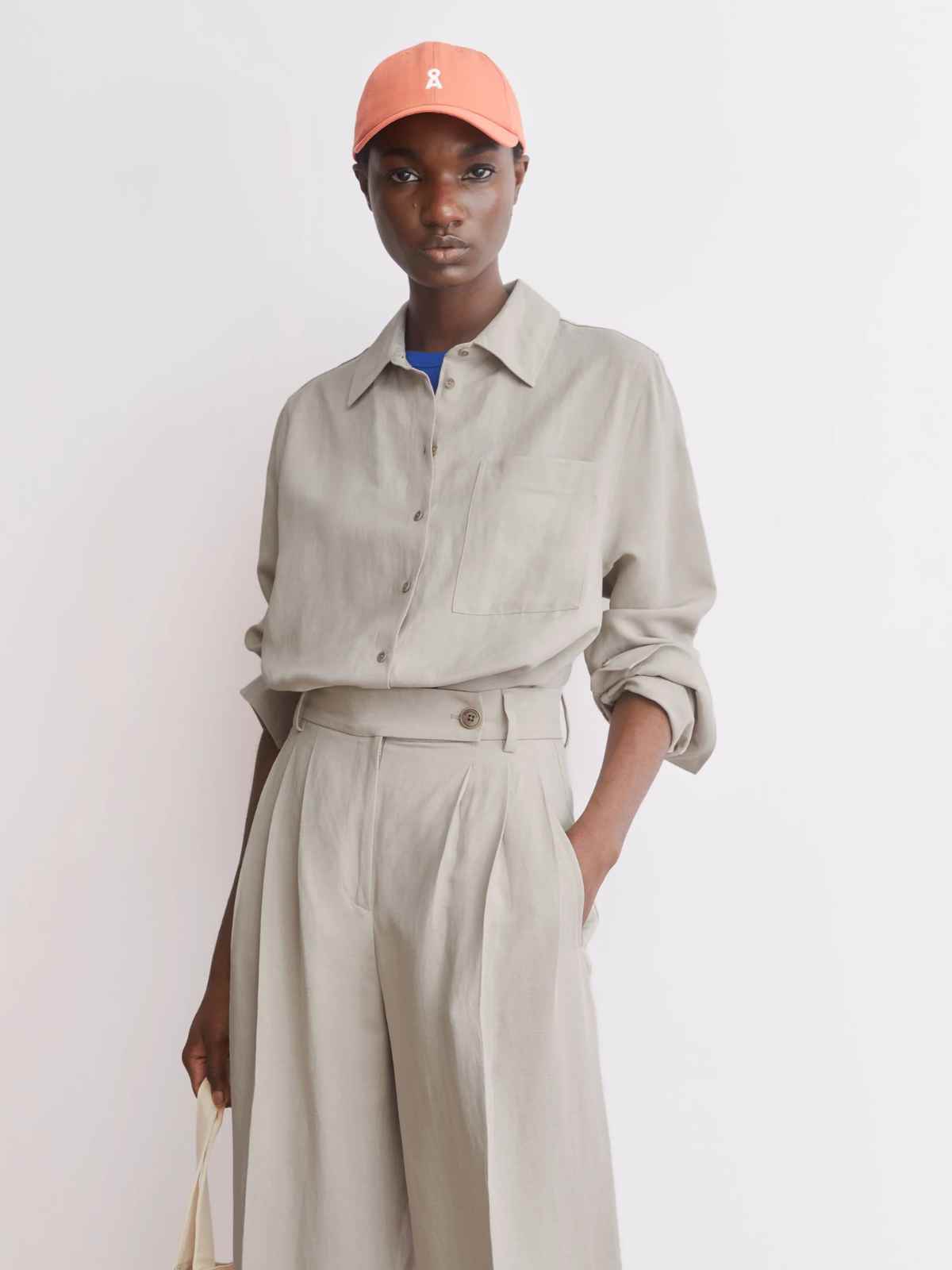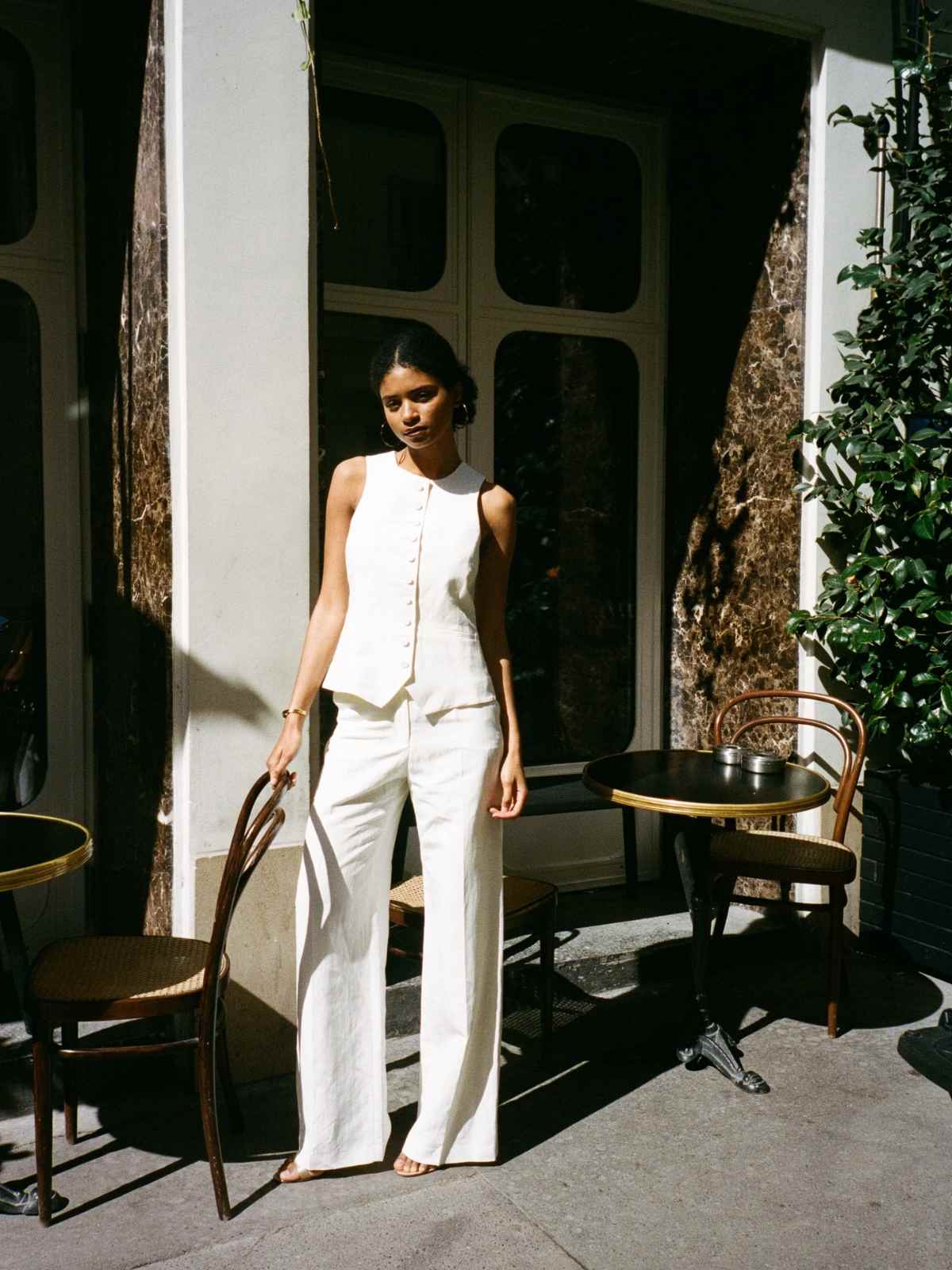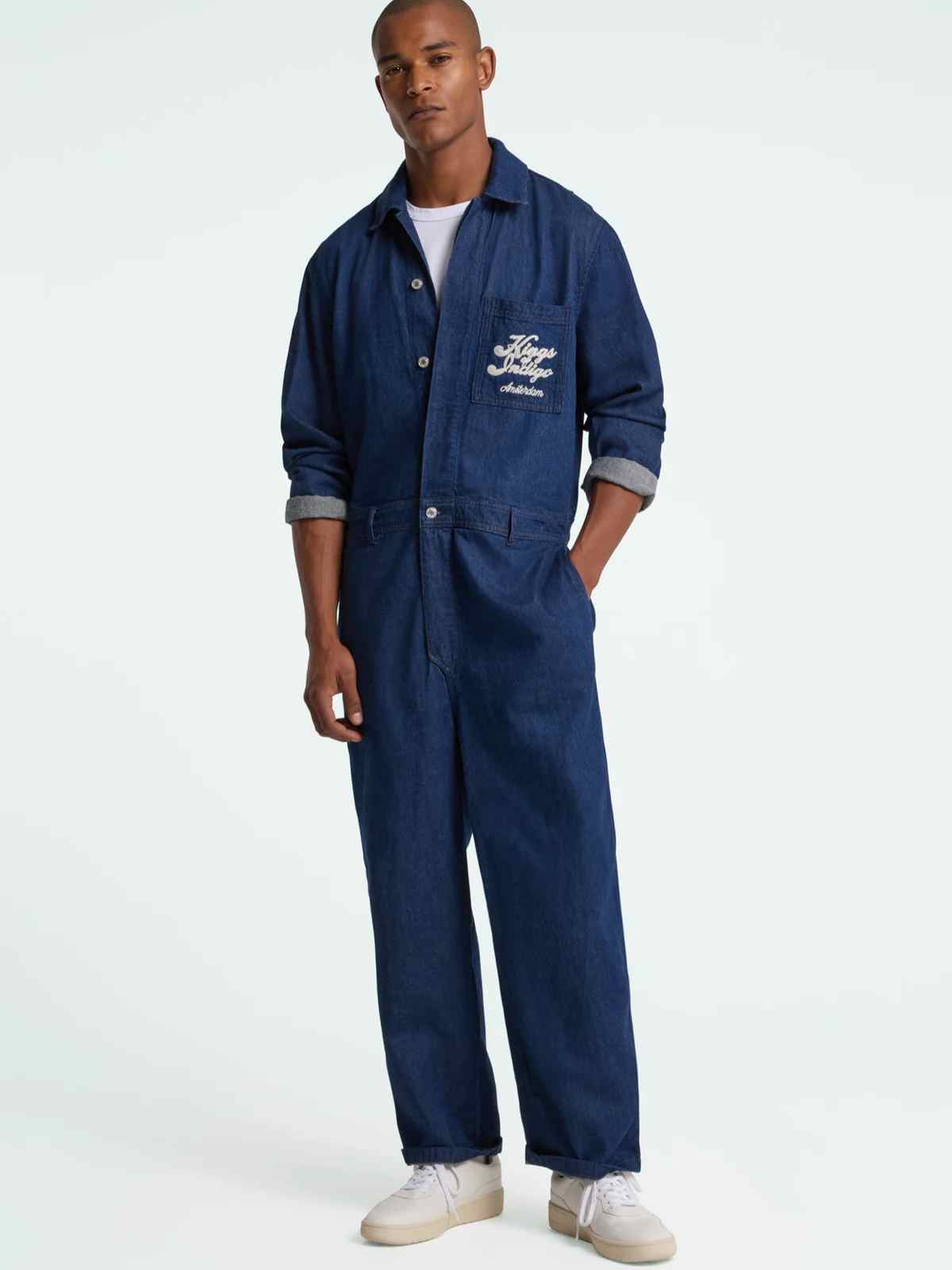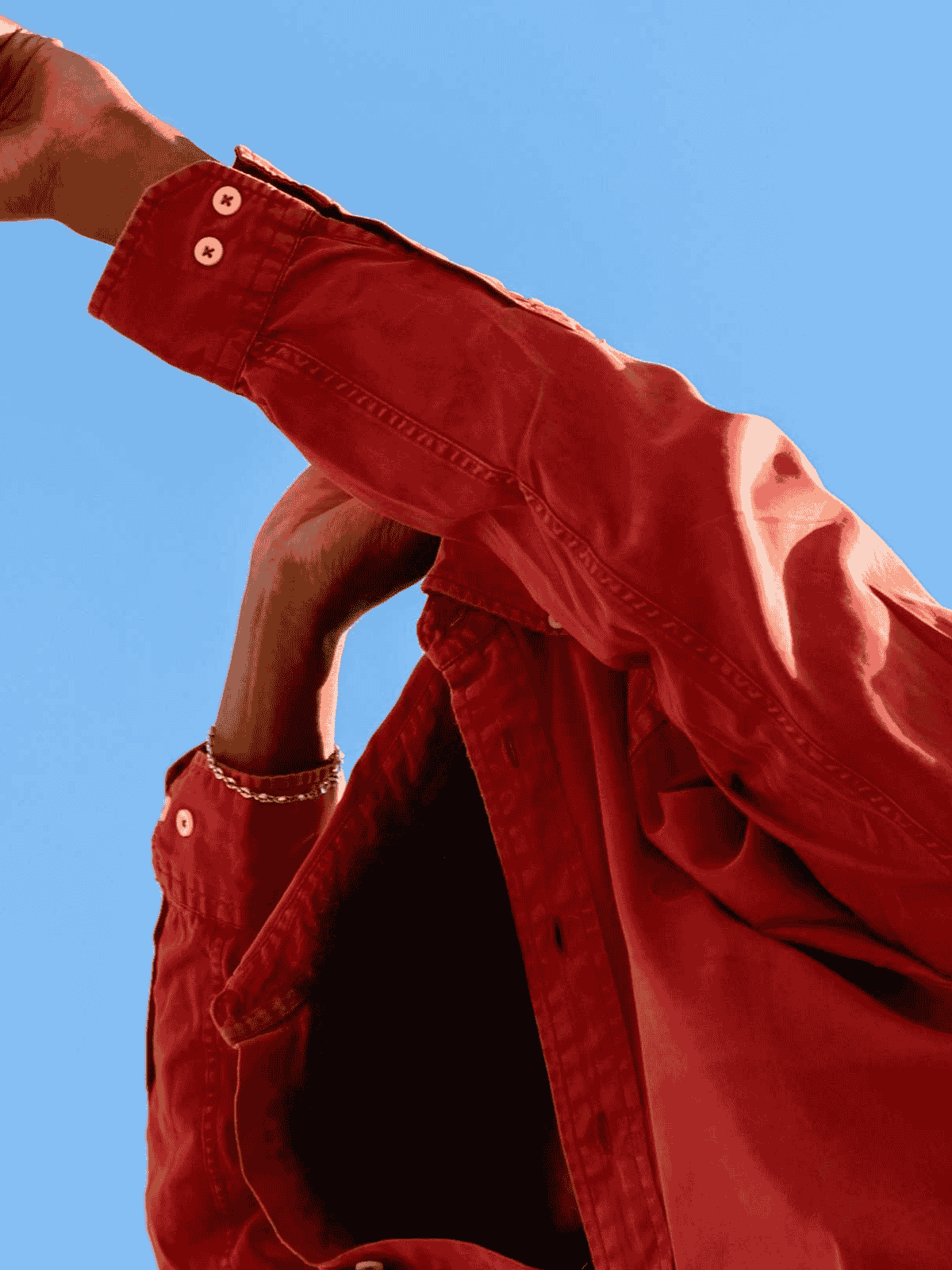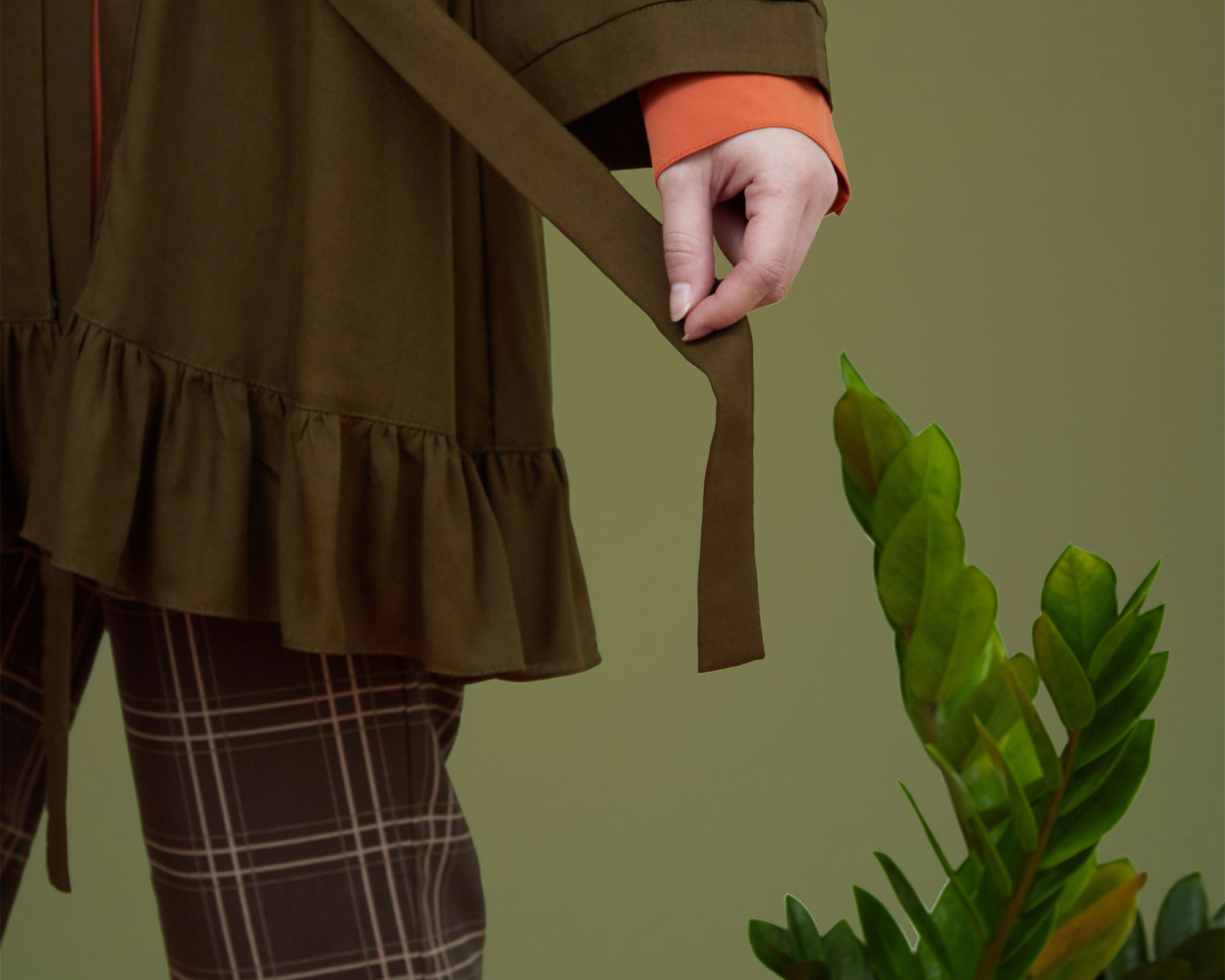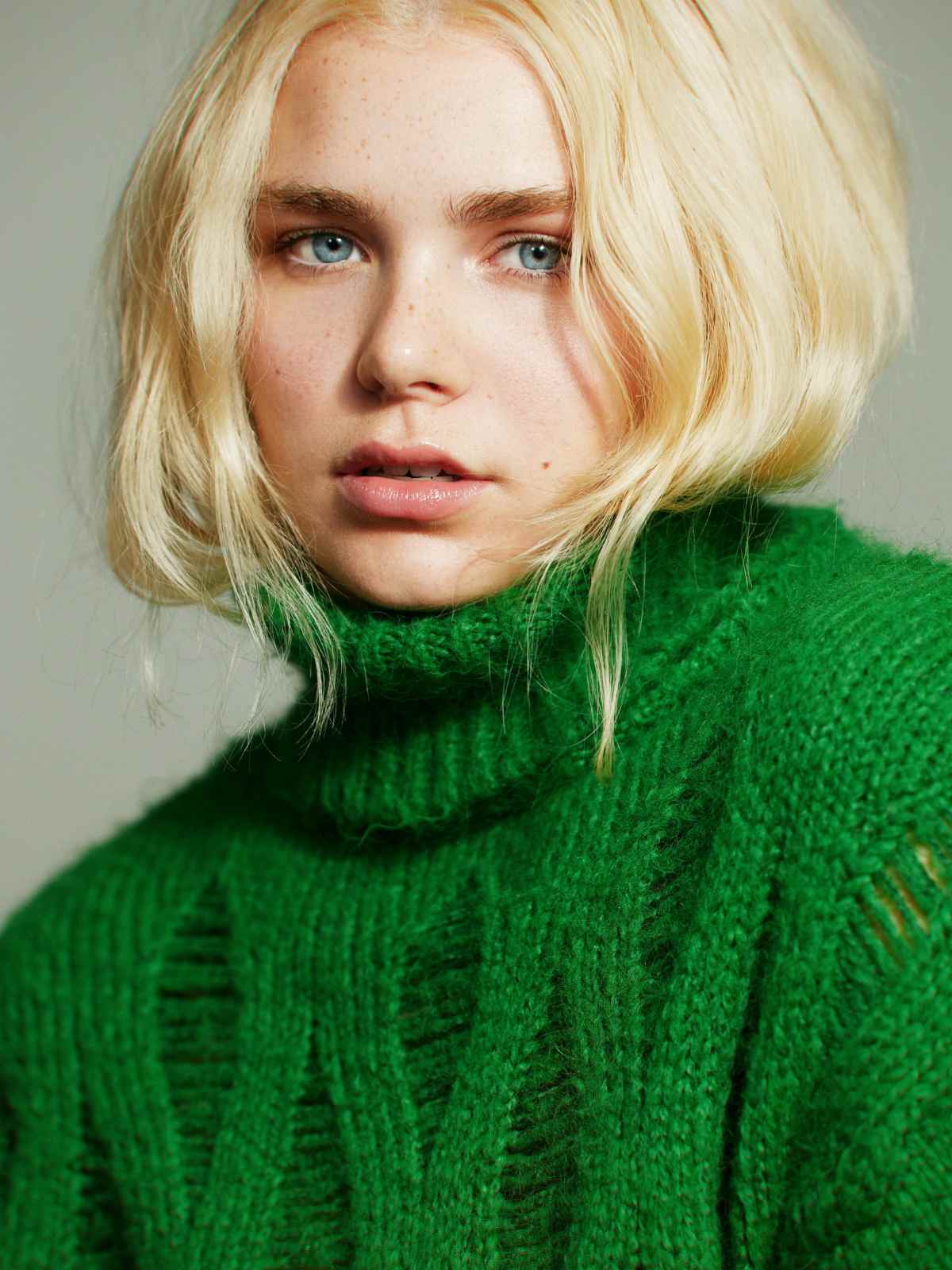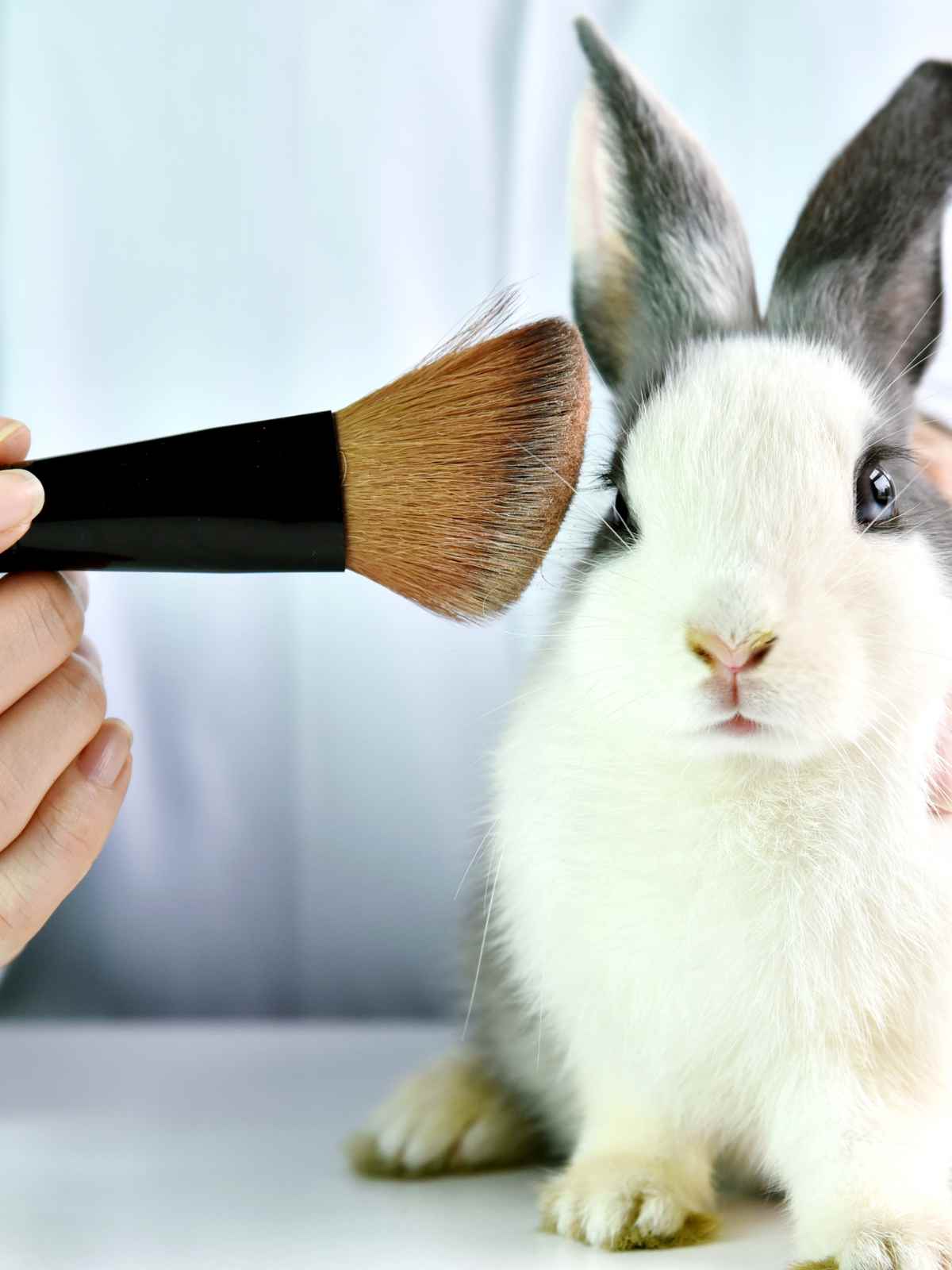We can all agree a lot happened in 2020: COVID-19 transformed our way of living and working, devastating countless lives; the Black Lives Matter movement came to a head, calling for an end to systemic racism and inequality across many facets of our society (including fashion); and light was shed on human rights abuses taking place against Uighur people in China’s Xinjiang Province. Like we said: 2020 was a lot.
But 2020 also saw many good things happen, especially in the sustainable fashion realm, with the COVID-19 crisis prompting a real shift in consumer behavior. People are now expecting and demanding more from brands, and research by McKinsey revealed “57% of shoppers agreed that they had made significant changes to their lifestyles to lessen their environmental impact.” What’s more, the study found that “64% of shoppers decreased their spending on clothing and footwear during the pandemic.” So it looks like conscious shoppers will keep pushing brands to produce more eco-friendly and responsible clothing in 2021.
But what does this mean exactly? And what might the changes look like this year? Here are our predictions for sustainable fashion trends in 2021.
More sustainable brands …
The events of last year took their toll on all of us, especially the most vulnerable in our society. Certain problems regarding the treatment of individuals in and by the fashion industry were revealed that shook us to our core. As a result, people are even more motivated to support brands that are doing good for people, the planet, and animals. And the demand is expected to grow even more, with studies predicting the sustainable fashion market to reach $9.81 billion in 2025 and $15.17 billion in 2030.
People are even more motivated to support brands that are doing good for people, the planet, and animals.
To meet this growing demand, brands will need to factor in sustainability in 2021. In recent years, many large fashion brands have launched ‘sustainable’ or ‘conscious’ lines, or make bold commitments to reduce their impacts, and this year we can expect many more to jump on the sustainability bandwagon. We’ll also likely see a lot of new sustainable brands popping up, with small and independent labels taking up more space than ever.
… And more scrutiny
But as more and more shoppers become aware of sustainability and brands’ eco-conscious claims, they are also switched on to greenwashing and other types of colourwashing.
Brands advertising their sustainable practices, will likely see more resistance from consumers: for many of us, it doesn’t make sense anymore to promote a conscious range to dress up one’s image, without actually doing the work to improve production standards!
In 2021, brands will be under even more scrutiny and will need to go beyond surface-level claims to dig down and address critical issues. Conscious collections are not enough, and brands will need to address ethics and sustainability issues at the very heart of their operations. While it used to be acceptable for brands to implement one or two sustainability initiatives, they will need to take a more holistic approach this year and beyond if they want to stay relevant.
In 2021, brands will be under even more scrutiny and will need to go beyond surface-level claims to dig down and address critical issues.
Shopping online and locally
Unsurprisingly, a Tech.co survey found that 80% of small business owners say COVID-19 has hurt their businesses last year, and we also saw many small businesses pivot their strategy and go online. With consumers spending 76% more in online shopping than in 2019, going digital was a huge necessity for brands and will keep offering opportunities in 2021.
Closed borders and a hard time for local businesses meant many of us felt like we needed to help our local communities. Shopping locally and supporting our communities from home is a trend that will very likely last in 2021 and beyond. In fact, a survey by Nextdoor found 72% of members believe they will frequent local businesses more often after this crisis. People want to support local businesses in person and online.
Shopping locally and supporting our communities from home is a trend that will very likely last in 2021 and beyond.
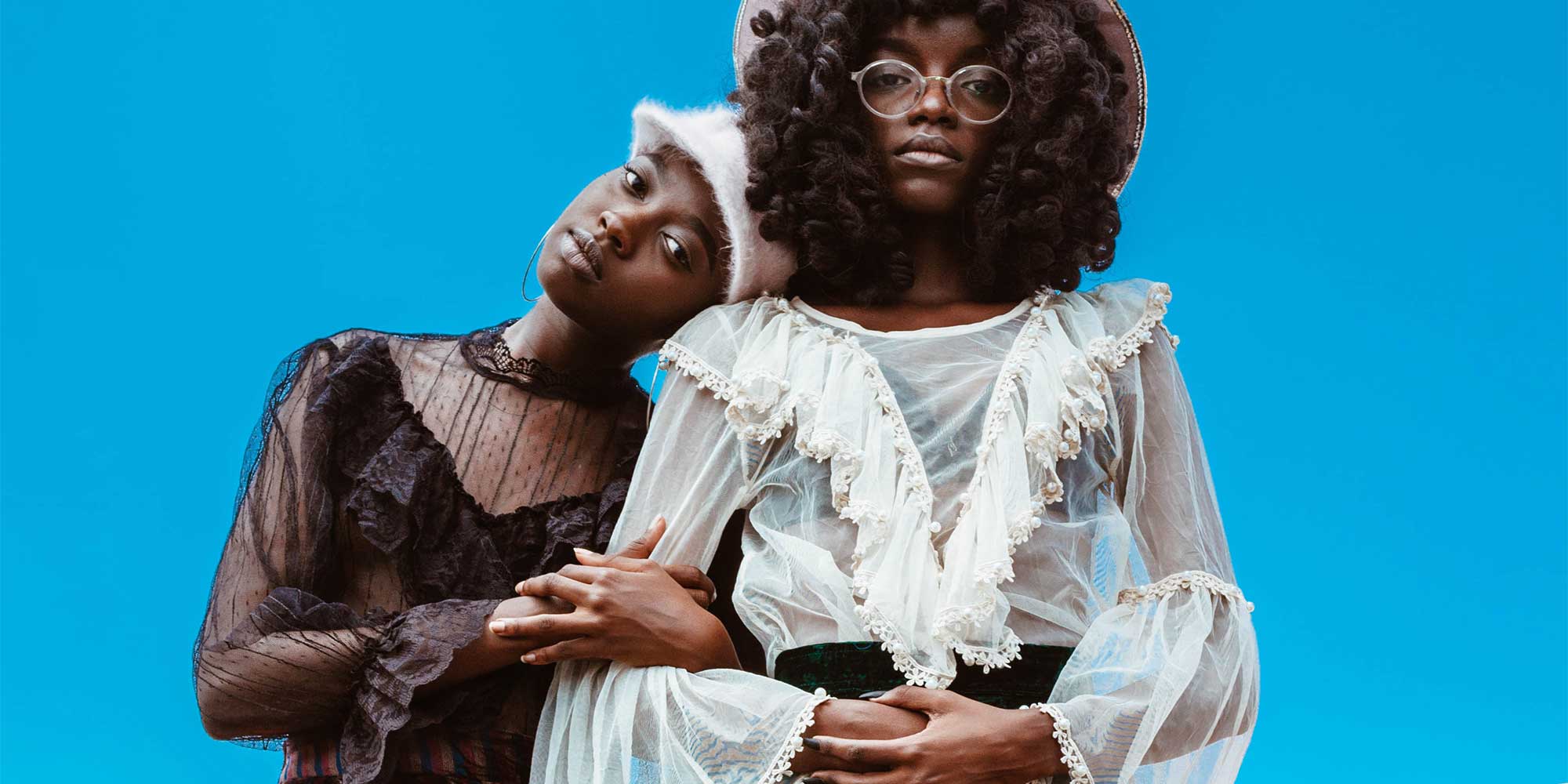
Repeating outfits
Despite the stigma, reusing the clothes that are already in our closets is normal, it’s healthy, and it’s also more ethical and more sustainable!
There’s no shame in rewearing clothes, and 2021 is on track to be the year we finally normalise it!
COVID-19 forced many of us to stay home last year (and into the new year), which meant less socialising and more Zoom meetings than we can count. As a result, many of us created a “Working From Home” uniform, a selection of outfits on high rotation to work comfortably in while still looking professional on camera. Which also meant wearing the same joggers or yoga pants all week long!
There’s no shame in rewearing clothes, and 2021 is on track to be the year we finally normalise it! We already have so many clothes in our closets, including many that we love and cherish, so of course, we should wear them again and again.
Sweatpants all day every day
Last year was all about being comfy while we all stayed safely tucked in at home. Loungewear and activewear sales boomed, with demand for loungewear and casualwear surging 49% amid lockdown in the UK. And once again, this trend is likely to trickle into 2021.
While our shopping patterns and habits may have changed, should we say goodbye to formalwear for good? Maybe not, because 1) we still need to look presentable on camera, so dressy waist-up items are necessary (in fact, demand for tops and t-shirts increased by 13% in the UK during the first lockdown), 2) things will go back to ‘normal’ eventually and we’ll have to wear pants again (I know, I know), and 3) putting on your favourite outfit for a fun night out (or in!) is a great way to lift your spirits no matter what the future holds.
Last year was all about being comfy while we all stayed safely tucked in at home. And once again, this trend is likely to trickle into 2021.
But it’s likely we’ll keep some elements of activewear and loungewear in our outfits going forward: dress up any sweatshirt and sweatpants combo with some chic and sustainable jewellery, add a blazer on top of your tee, or pair your sneakers with a mid-length skirt or dress. Just get creative and comfy!
Reselling is on the rise
Another big trend that will gain momentum in 2021 is reselling. According to Business of Fashion, “before the pandemic hit, the resale market was on track to double.”
Today, with people being more worried about the planet as well as their finances, it’s likely they will turn to their local second hand shops or resale websites, like thredUP or Vestiaire Collective. In fact, thredUP predicts online thrifting will grow 69% between 2019 and 2021!
Today, with people being more worried about the planet as well as their finances, it’s likely they will turn to their local second hand shops or resale websites.
Retailers will also jump on the resale bandwagon: many already offer second hand and vintage selections and we will certainly see more options popping up in the coming year.
More inclusivity, diversity, and equity!
The fashion industry has been known (and called out) for its lack of diversity, ingrained racism, and numerous examples of cultural appropriation. The 2020 Black Lives Matter movement helped shed even more light on these issues, pushing consumers to question their favourite brands and urge them to do better.
Many citizens now expect fashion brands to address critical racial issues at all stages of the production process. Inclusivity, diversity, and equity are no longer optional: in 2021, fashion brands need to build these principles into their business model authentically.
This year we’re looking forward to seeing more brands take action so that everyone, no matter their race, size, age, gender, ability, sexuality, or socio-economic status, can have a meaningful place in fashion and beyond.
Inclusivity, diversity, and equity are no longer optional: in 2021, fashion brands need to build these principles into their business model authentically.
For our part at Good On You, last year we started revamping our ratings methodology to address some of these issues, including elevating BIPOC-owned brands and those that do extra to support BIPOC communities. We began taking allegations of brands’ involvement in the abuses against Uighur people in China’s Xinjiang Province into account; penalising brands named in reports by various human rights and news organisations. We also now reward brands which have policies in place to protect workers down the supply chain amid COVID-19 disruption, and penalise brands that don’t. We’re committed to keep holding brands to account and helping shoppers buy better, and we’re excited to see the sustainable fashion movement continue to grow in the new year!
